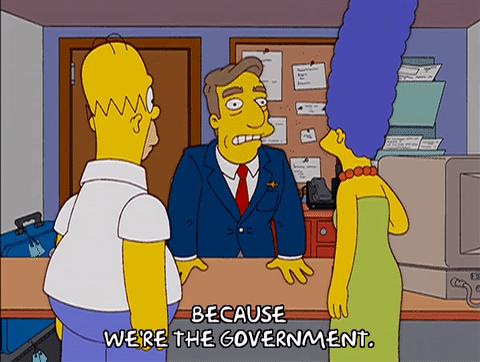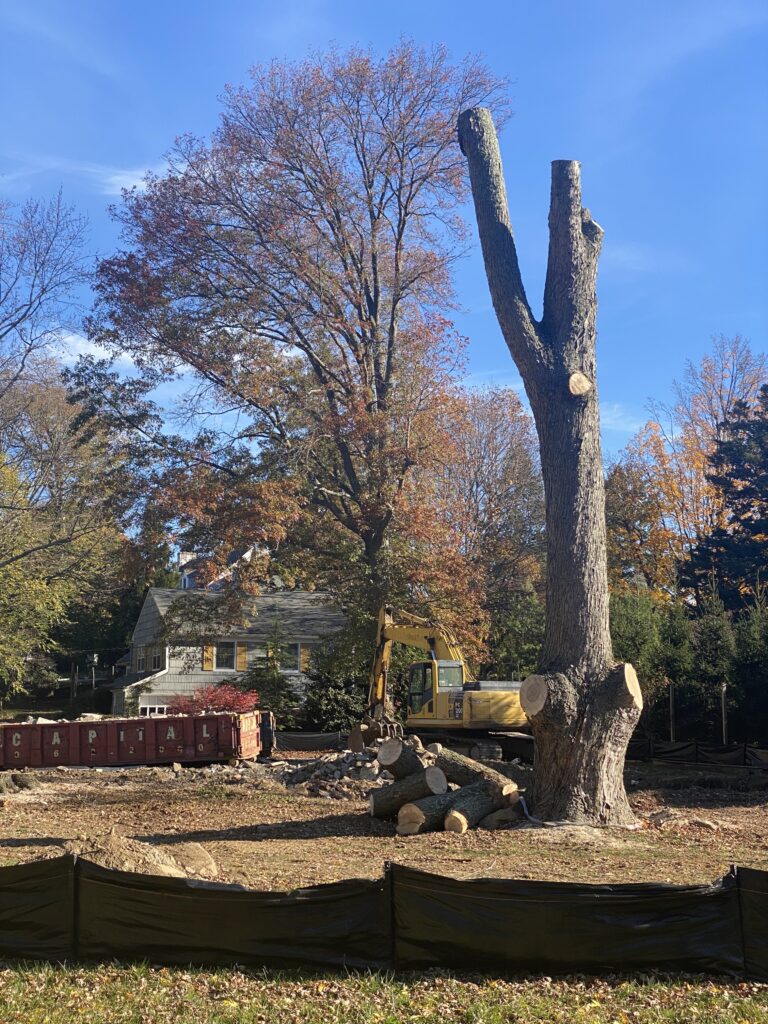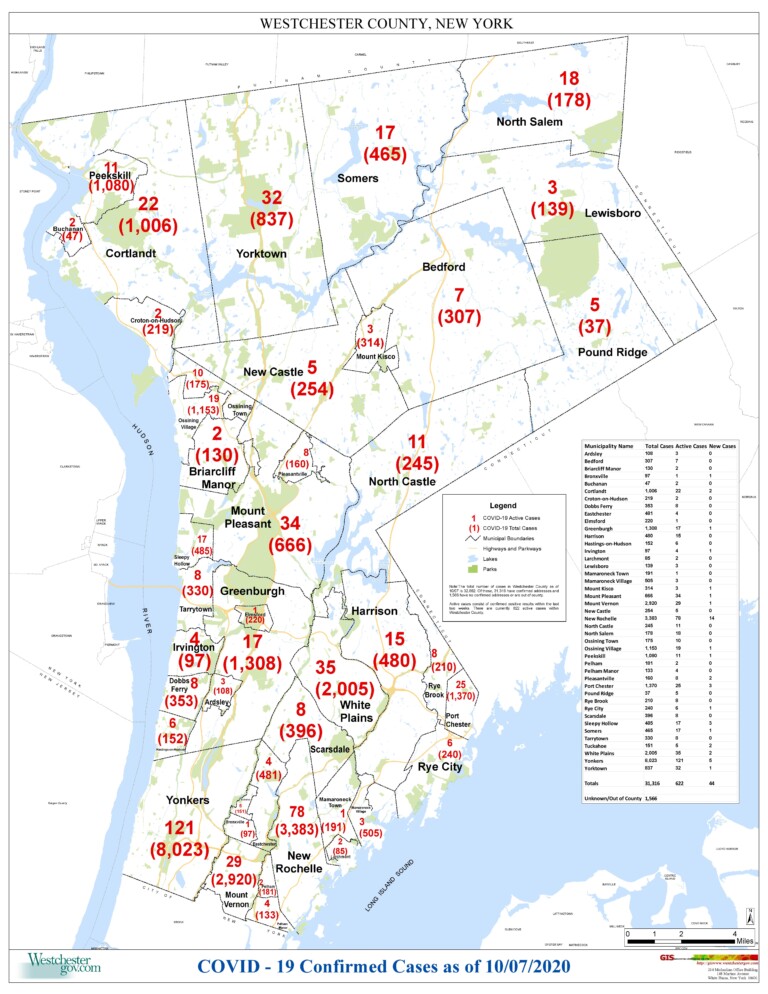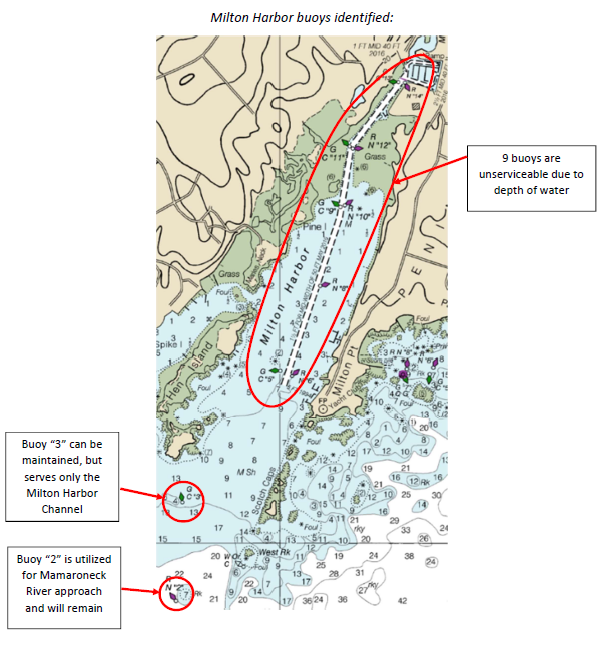Holding Court: Government Fees, Fines & the 5th Amendment’s Takings Clause

Holding Court is a series by retired Rye City Court Judge Joe Latwin. Latwin retired from the court in December 2022 after thirteen years of service to the City.
What topics do you want addressed by Judge Latwin? Tell us.
By Joe Latwin
Governments are out of money. The U.S. is $35 trillion in debt. States have legalized gambling and marijuana to raise funds. Some States have multi-billion dollar deficits. We’ve printed so much unbacked paper money that since 2000, the value of the dollar has dropped to about 67 cents. Yet we demand more and more that the government solve every problem.
In order for the government to pay for our goodies but not be accused of raising taxes, it has come up with ways to raise the money from people who need something from the government. Some impose fees on individuals or establish ways to collect fines. A recent U.S. Supreme Court case addressed the issue of when fees may be imposed on individuals to solve a public problem.
As a condition of receiving a residential building permit, a property owner was required to pay a $23,420 traffic impact fee to the County. The fee was part of a “General Plan” enacted by the County to address increasing demand for public services spurred by new development. The fee amount was not based on the cost of the traffic impacts specifically attributable to the owner’s particular project, but rather was assessed according to a rate schedule that took into account the type of development and its location within the County.
The owner claimed that conditioning the building permit on the payment of a traffic impact fee constituted an unlawful “exaction” of money in violation of the Takings Clause of the Fifth Amendment to the Constitution. When the government wants to take private property to build roads, courthouses, or other public projects, it must compensate the owner at fair market value.
The just compensation requirement comes from the Fifth Amendment’s Takings Clause, which provides: “nor shall private property be taken for public use, without just compensation.” By requiring the government to pay for what it takes, the Takings Clause saves individual property owners from bearing “public burdens which, in all fairness and justice, should be borne by the public as a whole.”
The Takings Clause’s right to just compensation coexists with the States’ police power to engage in land-use planning. While States have substantial authority to regulate land use, the right to compensation is triggered if they “physically appropriat[e]” property or otherwise interfere with the rights to exclude others from the property.
When the government withholds or conditions a building permit for reasons unrelated to its land-use interests it becomes impermissible. Imagine that a local planning commission denies the owner of a vacant lot a building permit unless she allows the commission to host its annual holiday party in her backyard. The landowner is “likely to accede to the government’s demand, no matter how unreasonable,” so long as she values the building permit more. So too if the commission gives the landowner the option of bankrolling the party at a local pub instead of hosting it on her land. Because such conditions lack a sufficient connection to a legitimate land-use interest, the Court said they amount to “an out-and-out plan of extortion.”
The Supreme Court found that the fee was unrelated to the owner’s property and constituted a taking in violation of the Fifth Amendment.





